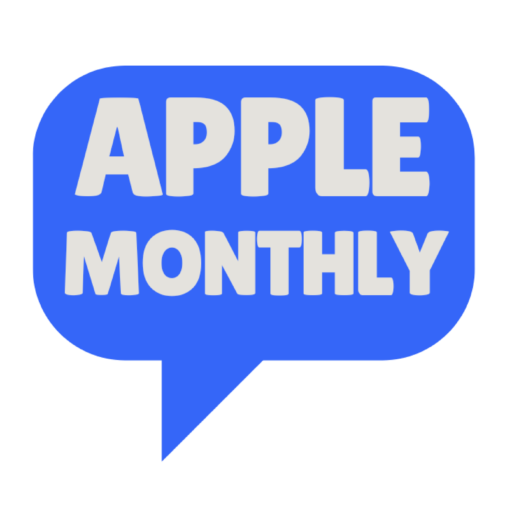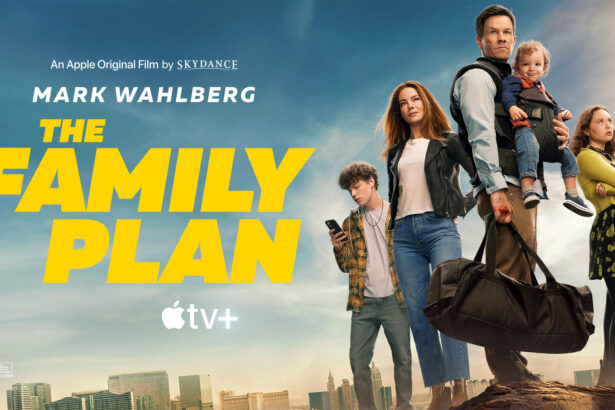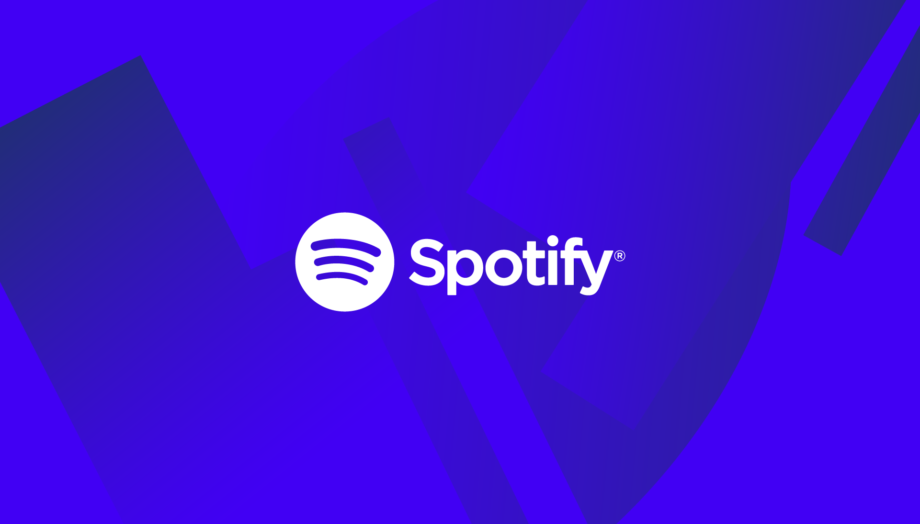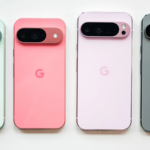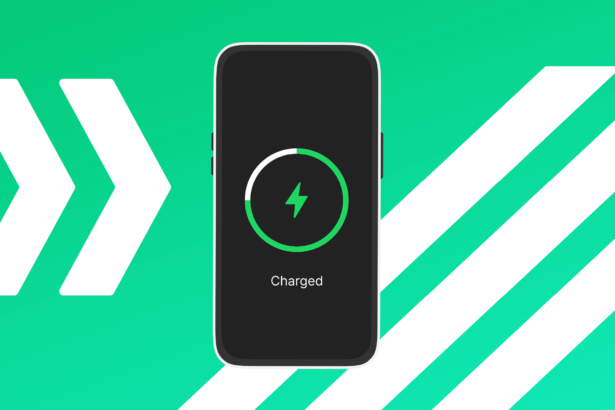In another chapter of the ongoing tech wars, streaming giant Spotify has accused Apple of disrupting its widely-used Spotify Connect feature, effectively hobbling users’ experience. Spotify Connect allows users to remotely control playback on various compatible devices, but recent disruptions have caused users and Spotify alike to point fingers at Apple.
Spotify’s allegations are just the latest commentary in a long struggle between the two tech companies, raising questions about the impact on consumers and competitive practices in the tech industry.
What is Spotify Connect?
Spotify Connect allows users to stream music directly to various internet-connected devices such as speakers, smart TVs, and gaming consoles. This feature allows you to control playback remotely using the Spotify app on a separate device and seamlessly switch between devices without interrupting the listening experience. Given its widespread use, any disruption to Spotify Connect can significantly impact millions of users globally.
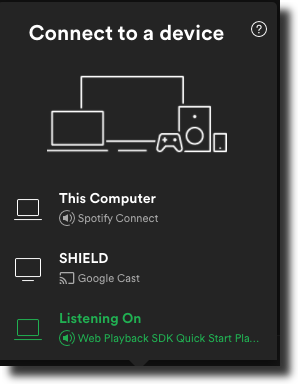
In an official statement, Spotify claimed that Apple’s latest software updates caused unforeseen interruptions to Spotify Connect. According to Spotify, these issues began after the release of a recent iOS update, suspecting intentional action by Apple designed to hinder Spotify’s performance.
How Users Are Affected
Users have reported interrupted playback, issues connecting to certain devices, and latency and delays in playback control—setbacks that hinder Spotify’s seamless experience.
Apple has denied these allegations, claiming that no updates have been deliberately aimed at disrupting Spotify’s services. An Apple representative noted that any hiccups were likely the result of routine software changes and not a targeted attack.
Apple’s Track Record
However, Spotify’s claims aren’t without historical context. Apple has previously been scrutinized for practices that some considered anti-competitive. These include restricting third-party apps from accessing certain features on iOS, charging big commissions on in-app purchases through the App Store and favoring its own services like Apple Music.
As you can imagine, this backdrop fuels the skepticism of Spotify and other third-party app developers.
The music streaming industry is highly competitive, and disruptions like these are not trivial. Here’s why: For any streaming service, user satisfaction is paramount. Disruptions affecting core features like Spotify Connect can lead to users choosing other alternatives, negative reviews, and a decrease in user engagement.
So What’s Next?
As the disagreement escalates, both companies may roll out software updates to rectify the problem, either collaboratively or competitively. User sentiment could pressure both companies into quicker resolutions, especially if disruptions continue. Not resolving this issue can motivate public discontent, ultimately leading to more accountability on both sides.
Until next time, stay tuned to how this all plays out.
